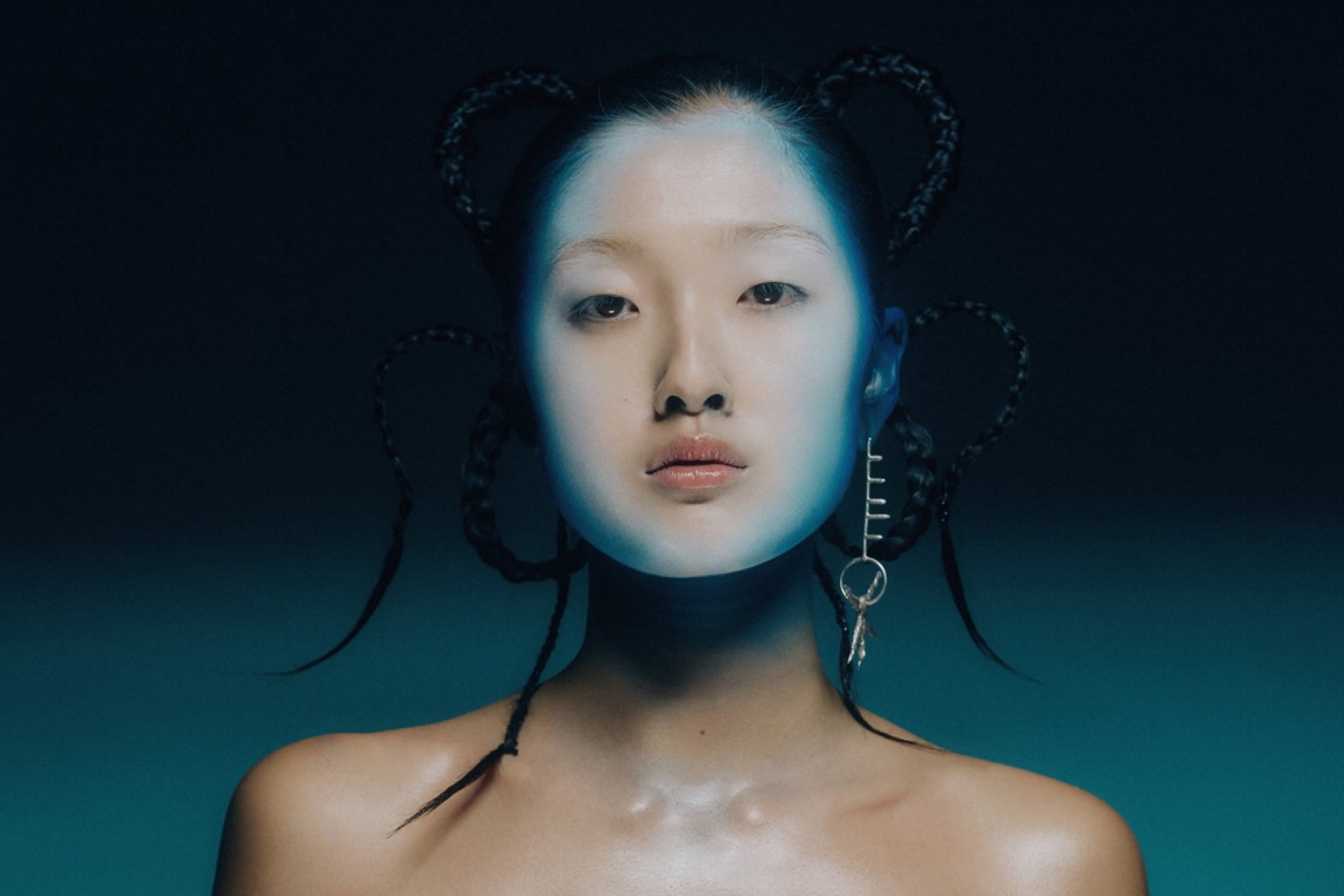 Features
Features
'soft like steel': Revisiting LVRA’s coming-of-age epic
Mengzy takes a comprehensive dive into LVRA's recent multidisciplinary project's creative direction & the artist’s metamorphosis three months on
After debuting on Eastern Margins last November with ‘LOOK’, all eyes have been on LVRA (the ‘LOOK’ MV earned a spot in our roundup of 2022’s best music videos, after all). And this year, the LVRA onslaught has continued with two singles in January and February leading up to the release of 'soft like steel', her seven-track sophomore EP, in March.
Her most ambitious project to date, 'soft like steel' encompassed not only the EP release, but a USB drop, a full-length film, and live performances in London and her native Glasgow – the singer’s first-ever headline shows.
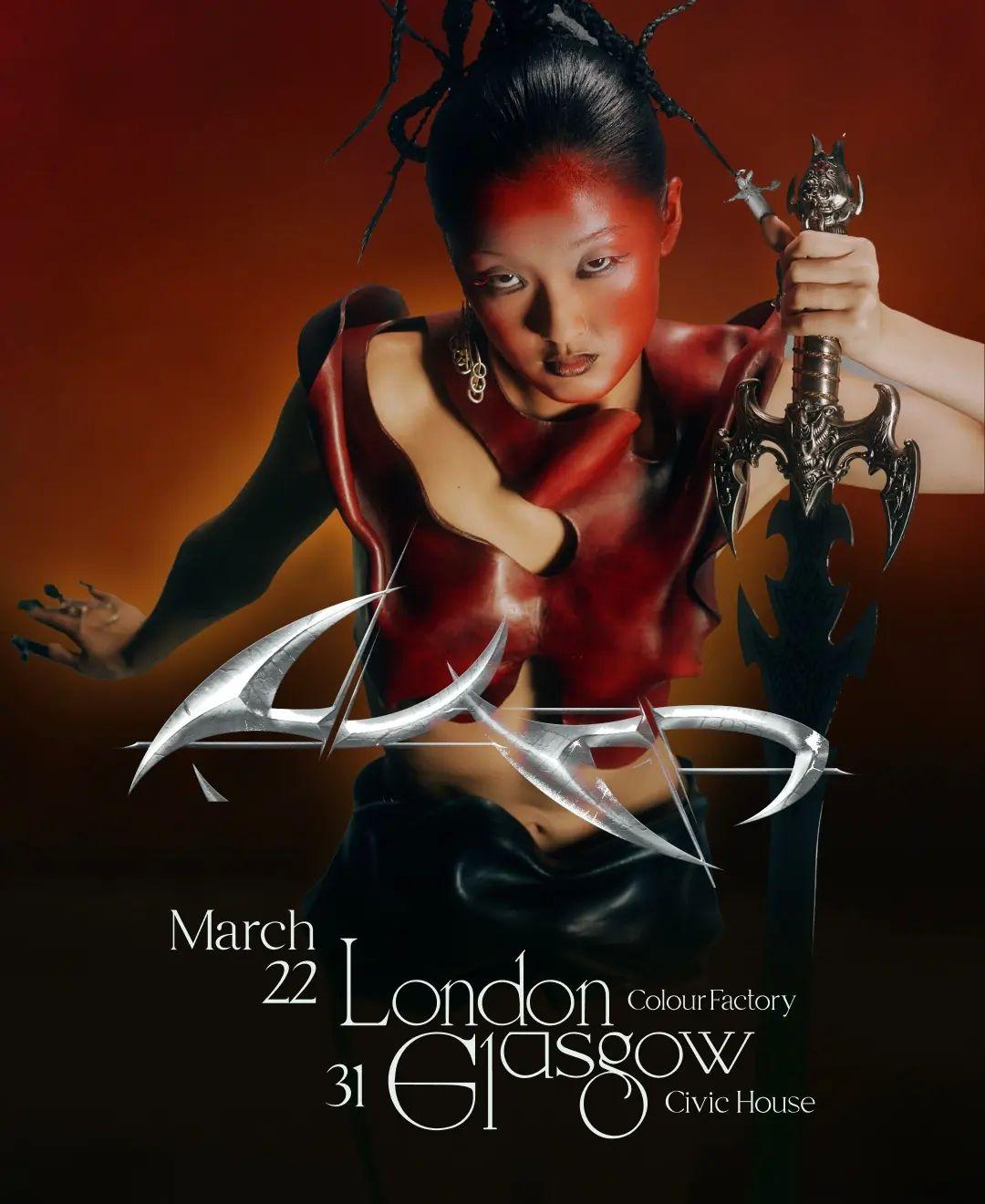
Three months on, we’re as hungry as ever for clues as to what it all means. What’s the story behind this cryptic and esoteric multidisciplinary project? When we finally log in with LVRA (who’s based in London) via Zoom, she’s half an hour late and incredibly apologetic after her “day job” meeting went on longer than expected, explaining exasperatedly “I’ve got a month left [in business consulting] and then I’m doing full-time music.”
We begin with the burning question: “What was the inspiration behind 'soft like steel'?” LVRA’s answer twists and turns as ideas and introspections tumble out of the twenty-three-year-old like a stream of consciousness: COVID, cycles of human existence, capitalism, free will, illusion, science fiction, nature, Descartes’ meditations… It’s quickly clear that a philosophical-theoretical foundation underpins the singer’s artistry, due in large part to her elite academic chops (a Politics, Philosophy and Economics degree from Oxford University). Eventually, a clearer picture forms as LVRA recalls the existential crisis brought on by her recent transition to adulthood.
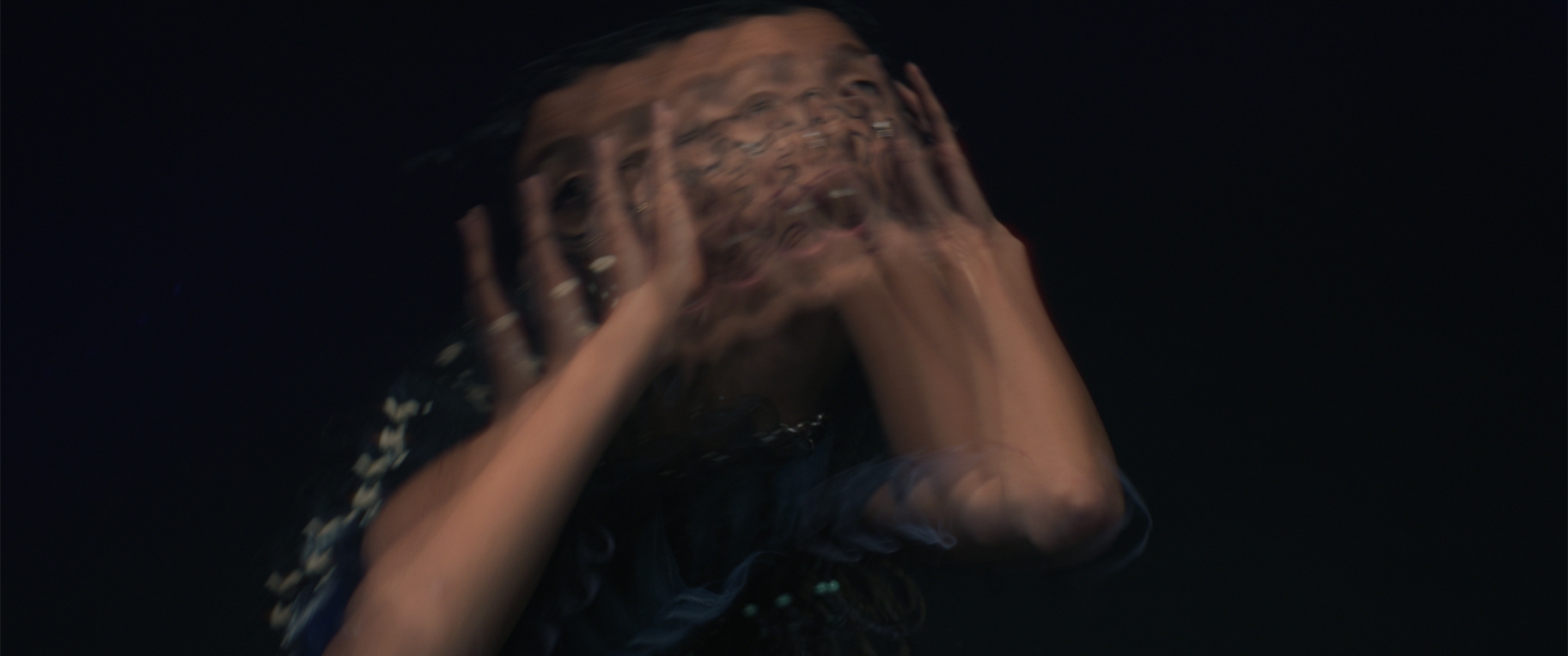
“One of my favourite topics in philosophy is free will and personal identity,” she says, “I got to a point where I was basically like, ‘Okay, I can trace back everything that’s happened to me in my life and find the cause for it somewhere,’ and actually a lot of the causes are quite straightforward, like who my parents were, the culture I was born in, and everything that I was talking about in my last EP [‘LVCID’].”
Read this next: How LIKE ANIMALS escaped his creative echo chamber
“All of these things felt really out of my control. I was like, ‘These are all things that have happened across these eighteen years where I haven’t been an adult.’ Now, I’m an adult and I’m like, ‘What part of life do I actually have control over?’”

Like so many of her fellow Zoomers, LVRA’s coming-of-age coincided with the turbulent pandemic years. For her personally, they also came with a move from Scotland to England for university studies, as well as a reckoning of different world views as the child of first-generation Chinese immigrants.
“When I grew up, this idea of what life should be was sold to me by my parents. . . and when I hit 20, I’m 23 now, I was like, ‘Woah, I actually have to live out this life for the next 60, 70 years,’ but my world looks completely different to what my parents thought my world might look like and I just need to work this one out myself.”
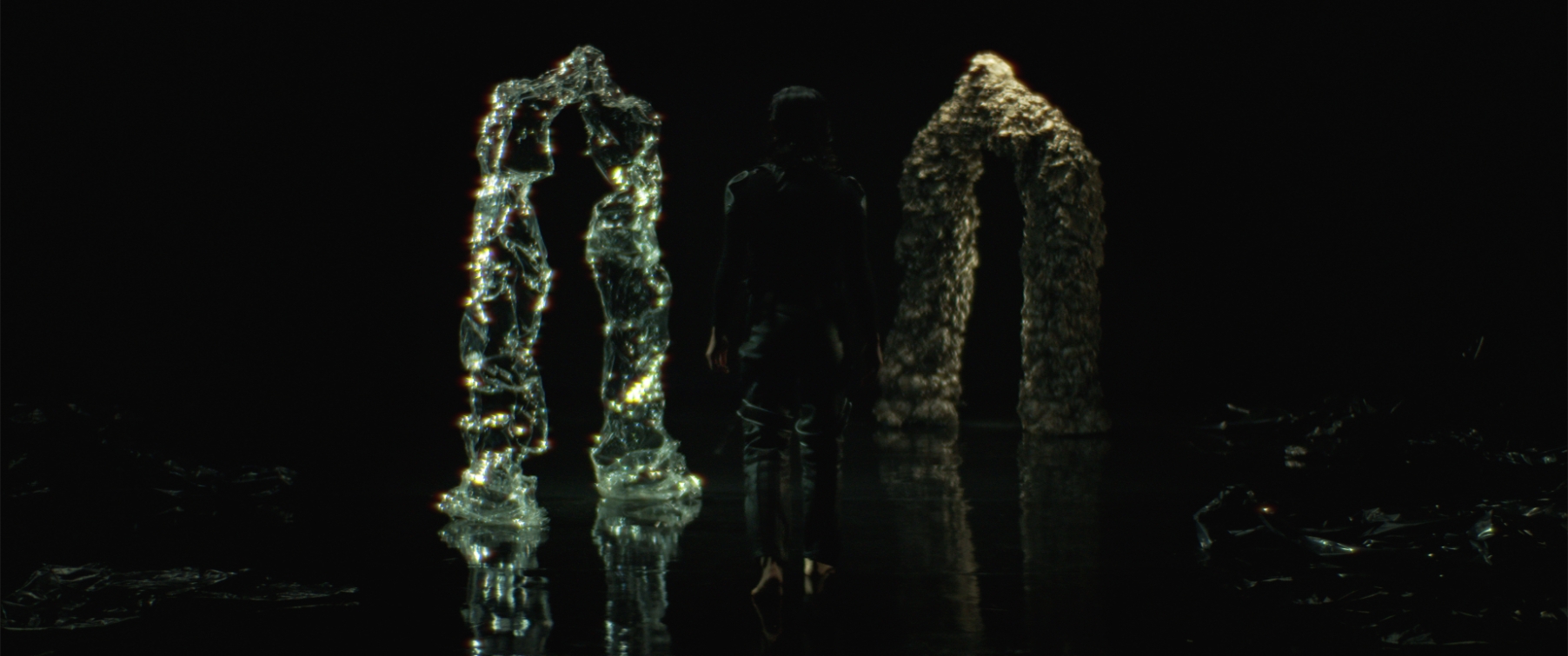
Listening to LVRA speak, it dawns on us that this is what 'soft like steel' is really about: a working out of identity and individual agency during the transition from one phase of life to the next. In the film, the protagonist (played by Aoi Nakamura) journeys through portals to access different liminal states and undergo psychological metamorphosis, eventually emerging, evolved, from the primordial ocean. Embedded in the film are four tracks from the EP: ‘venom’ (feat. Spent), ‘anxiety’, ‘soft like steel’, and ‘rising’.
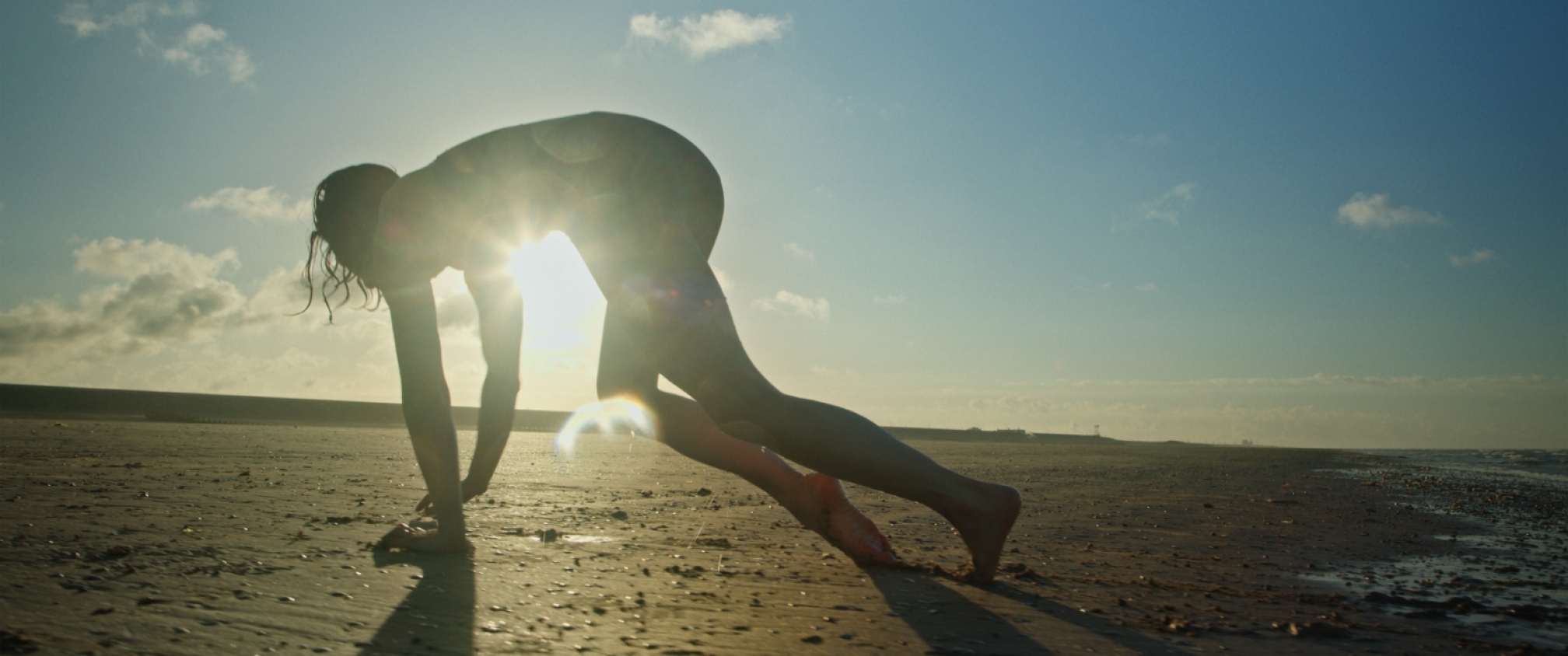
If 'soft like steel' is a coming-of-age epic expressing LVRA’s internal dialogue and growing pains, it’s also outward proof of her ability as a project manager (“I’m pretty much the only one that knows what’s going on between all the projects”) to draw the right collaborators towards her and of her maturation as an artist that values alternative points of view and the combined creative potential of the group versus the individual.
Read this next: Anu Ambasna’s new exhibition explores dance music tropes and the importance of friendship
For the 'soft like steel' film, this group includes director Oscar McNab, set designer Ellie Beale, and costume designer Colette Dryburgh. Meanwhile, the EP's artwork and promotional stills involves yet another team, namely photographer Jeff Hahn, creative director Jonquil Lawrence, and stylist Suzie Walsh, among others.
“I collaborate because I really want other people’s interpretation of what I’m doing. I’m a very do-it-yourself person, so if I really wanted full control, I would just do it myself but the point is...I don’t think that as one individual person, you’re ever going to be able to unlock the potential of ideas and creativity just by yourself,” LVRA admits.
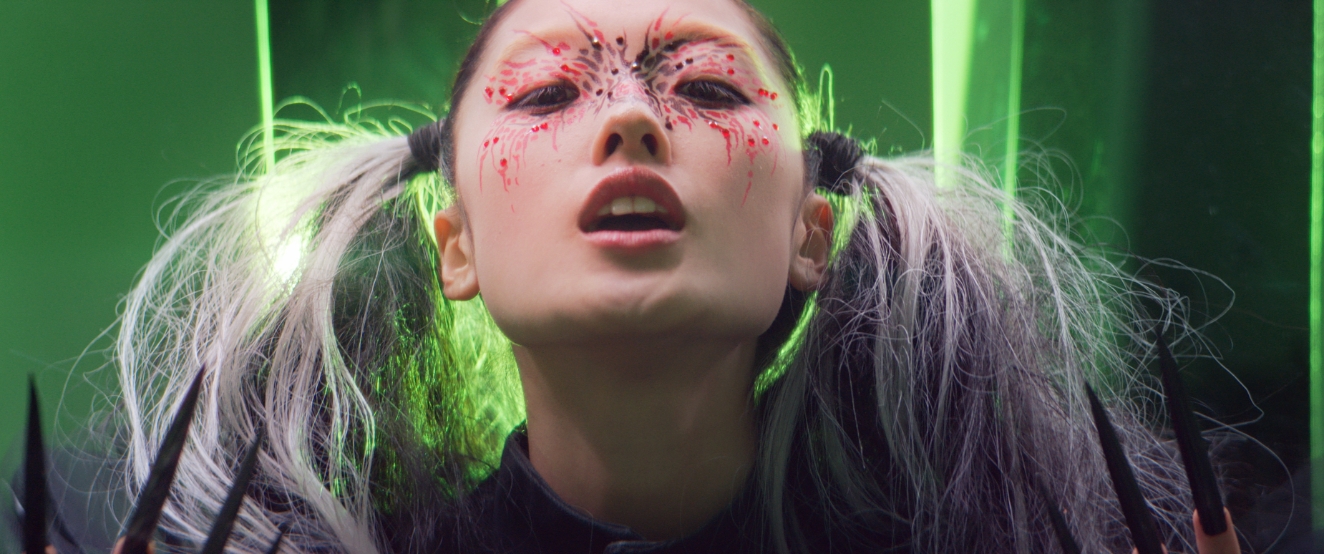
As for the collaboration process? “We use the music and some of the philosophical concepts like a bounce board, a starting position,” she says, while framing her music as the vehicle for cross-disciplinary creativity, “I do the minimal amount, to just create the music and create the context for where everyone else can sit and create.”
For LVRA, her label Eastern Margins has been instrumental in translating the project to a wider audience. “There’s been different dimensions to the project. The first dimension [is] the music, second dimension [is] the film...And then the live show’s like 3D, where you’ve got everything and they’ve [Eastern Margins] been really, really supportive.”
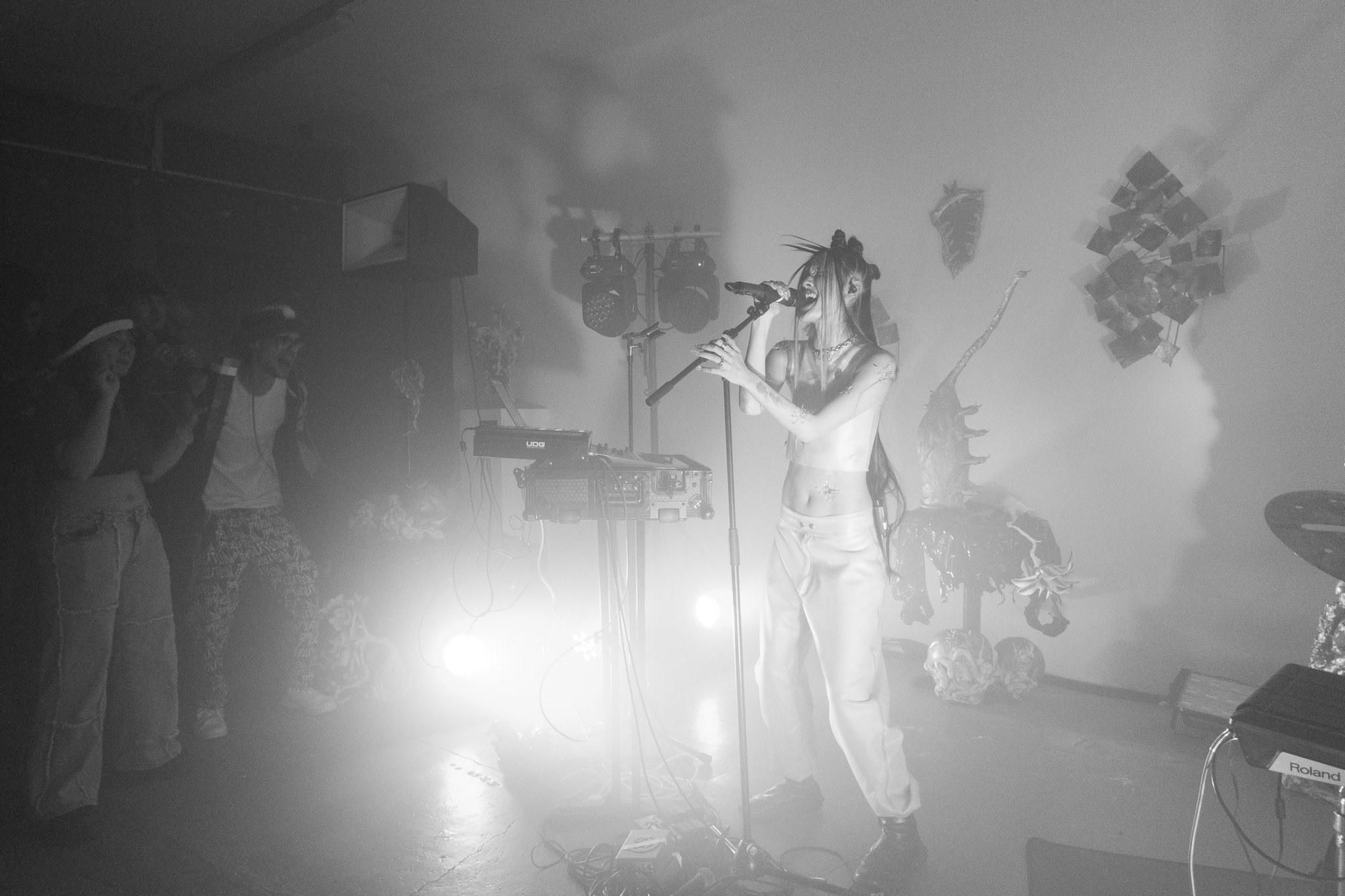
Read this next: Artist Spotlight: Audio-visual artist Sijya draws introspection from candidly living in the present
What resonates perhaps most with LVRA, whose visuals are seeped with nods to traditional Chinese art and culture, is Eastern Margins’ commitment to nurturing Asian and diaspora artists, and, in her view, reclaiming Asian artistic traditions.
“I think that we’ve all got that similar goal in mind. I think East Asian art has been prevalent for a long time, it’s just never been owned by the people who actually created it or own that culture. It’s always been appropriated or it’s always been taken.”
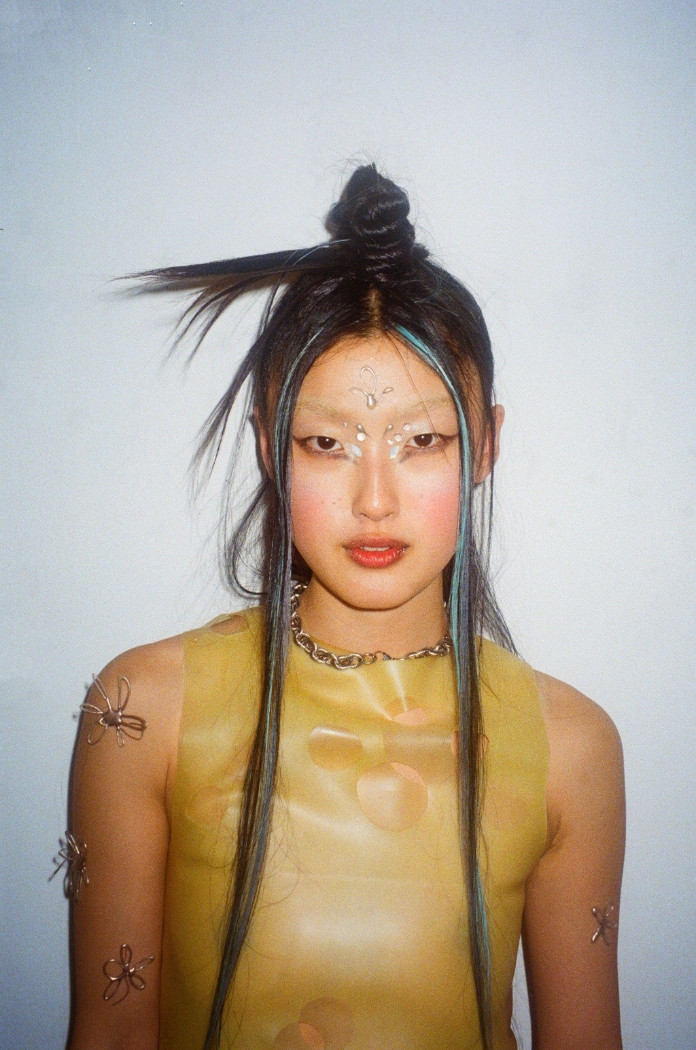
Giving an example, she continues, “So, if you think about fashion, it’s always been trending, dragons or Mandarin collars, it’s always been there and it’s always been cool. It’s just like Asians have never been able to own that. It’s never been like, ‘We actually did that. We created that. We’re part of that’. It’s always been kind of like, ‘Oh, it’s an aesthetic.’”
“So, the fact that they [Eastern Margins] are out there trying to genuinely push Asian [creativity] and ones who are owning that story, I think I just always knew that we were going to be aligned and they’re like family.”
Watch the 'soft like steel' short film below and listen to the EP in its entirety here.
Images courtesy of Jeff Hahn, Oscar McNab, Jean Yu Zheng & Spit Turner.
Mengzy is Mixmag Asia’s Music Culture Columnist, follow her on Instagram.


